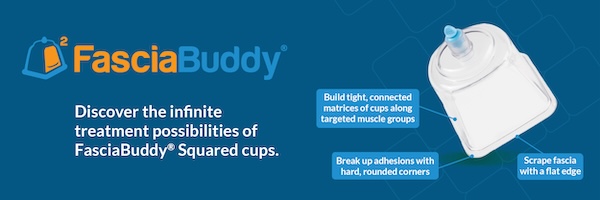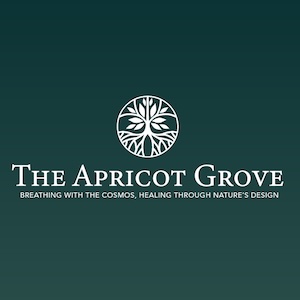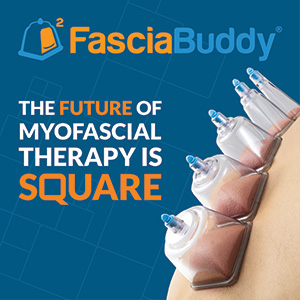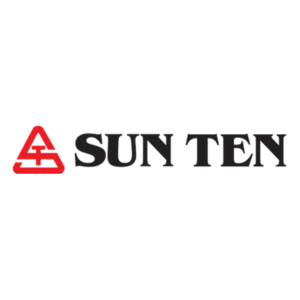What you do you if you’re interested in learning and practicing acupuncture, but there are no schools, standards or licensure?
You built it yourself; with help of other spirited colleagues.
In this conversation with John Myerson we go back to the days when acupuncture was just coming into the mainstream of American life. It wasn’t there yet— but it was close enough to intuit.
John was there in the early days of the New England School of Acupuncture. And he helped to create the academic structures required to give our profession legitimacy in mainstream culture.
It was a grand experiment, gutsy when you think about. And those early pioneering influences, they created the foundation we stand on today.
Listen into this discussion of vision, steadfastness and risk taking as we take a trip in the Wayback Machine to a moment when acupuncture and East Asian medicine was just beginning to emerge into mainstream culture.
In This Conversation We Discuss:
- The impact of Nixon’s visit to China on the popularity of Chinese medicine
- The role of acupuncture anesthesia in sparking interest in acupuncture in America
- The establishment of acupuncture schools in Europe, Taiwan, and America
- John Myerson’s journey as part of the first class at the New England School of Acupuncture
- Acupuncture and non-ordinary states
- The challenges faced by the profession, such as accreditation and standardization
- Understanding the cultural nuances of traditional Chinese medicine and their preservation in western practice
- The potential for integration between Western and Chinese medical practices
- The future of acupuncture, including the importance of doctoral degrees and specialization
“Where’s the power?” By that I mean what is the energy of any given situation you may find yourself in.
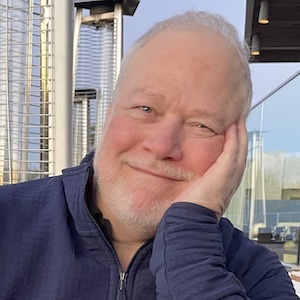 John Myerson, P.hD, L.Ac
John Myerson, P.hD, L.Ac
I graduated from Harvard College, 1974, the first class of the New England School of Acupuncture, 1977 and received my Doctorate in Psychology from the Union Institute and University, 1991.
I served as the Chairman of the Committee on Acupuncture, Board of Registration in Medicine, Commonwealth of Massachusetts from 1987 to 2004. I was a founding member of the National Council of Schools and Colleges of Acupuncture and Oriental Medicine, was a founding member of the American Association of Acupuncture and Oriental Medicine, was a founding member and first President of the Accreditation Commission for Acupuncture and Herbal Medicine and was a founding member and past President of the Federation of Acupuncture and Oriental Medicine Regulatory Agencies.
I am a Zen Master, internal Taoist martial arts master, yoga practitioner, shaman, psychologist and I practice Oriental Medicine. I combine all of these modalities into a healing practice in Massachusetts.
In addition I am the co-author of three books on healing and expect my fourth book to be available in 2024.
Subscribe To This Podcast In Your Favourite Player
Share this podcast with your friends!
Shop Talk with Tracy Stewart
Sasang Constitutions and Food Therapy
In this Shop Talk I’ll be sharing three reasons why I practice Sasang Medicine.
Reason #1 Food first
The condition of the constitution always affects treatment outcome, prevention, overall health and longevity.
People vary in their balance and do not inherently all have strong constitutions. People need to nourish their weakness and not feed what is already too strong.
Eating all 5 tastes equally balances your plate; not you!
Example 1: someone with half their energy in the liver, will make their imbalance worse by eating any liver-building food at all
Example 2: So-yang person eating a healthy diet for 70% of the population. Gets sick because they are not part of the 70%.
Reason #2 Western medical research assumptions
Clinical trials are statistical, what percentage get a positive outcome.
The n-value, the number of people in the trial is a homogenous group because of inclusion/exclusion criteria. What does the data ALWAYS show?
The mind has an effect on the body
The data proves the premise that the group is homogenous is wrong
The real problem is, if enough people have a good outcome and the bad stuff isn’t too bad, it is prescribed for everyone. Yet, the data does not support doing this.
In Korea, clinical trials are conducted putting subjects in their constitutional groups to see if there are correlations between outcomes and constitution. They typically are, and there are lots of studies showing correlations between constitution and certain genetic markers.
Reason #3 Food helps
I’ve been practicing prescribing diets for people for over 20 years. Almost every single person who follows their constitutional diet has improvements in their health.
Of course there is much more to say about Korean Sasang Medicine and you can read more about it on my website, QiBalance.net.
You also can sign-up for my Diagnosis Mentorship Program starting August 5th.
But if you’re not ready for that, you can experience Sasang by ordering a dietary analysis for yourself. Or send your very sick patients who need support with their treatments for an analysis.
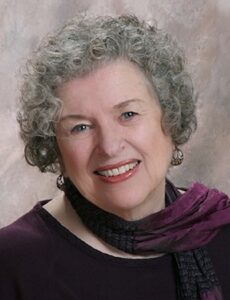 Tracy Steward, L.Ac
Tracy Steward, L.Ac
After completing education, at UC Berkeley and University of Iowa, in Biochemistry, I returned to the Bay Area and worked in Medical Research at UCSF. From academia, I moved onto genetic engineering and worked for several biotech companies. I became a formulation chemist. My last job in the field was as a project manager at Genentech.
All during my scientific career, I received acupuncture treatments that proved very beneficial. Worsley Five Element Acupuncture was especially profound and I became enamored with the idea of treating the constitution rather than the condition.
I went into acupuncture practice and while treating a cardiologist, whose infant son was having fibril seizures, I discovered Korean Sasang. The doctor, himself, had atrial fibrillations which would only resolve temporarily. The cure for both of them was their Korean Sasang Constitutional diet.
Now, 20 years later, baby and father are still following their diet and are well. During this time, I learned the Bazi diagnostic system to determine Sasang Constitution and have been prescribing individualized diets for over 20 years. Two years ago I began teaching this system to small groups of acupuncturists through a 4-month Mentorship Program.






